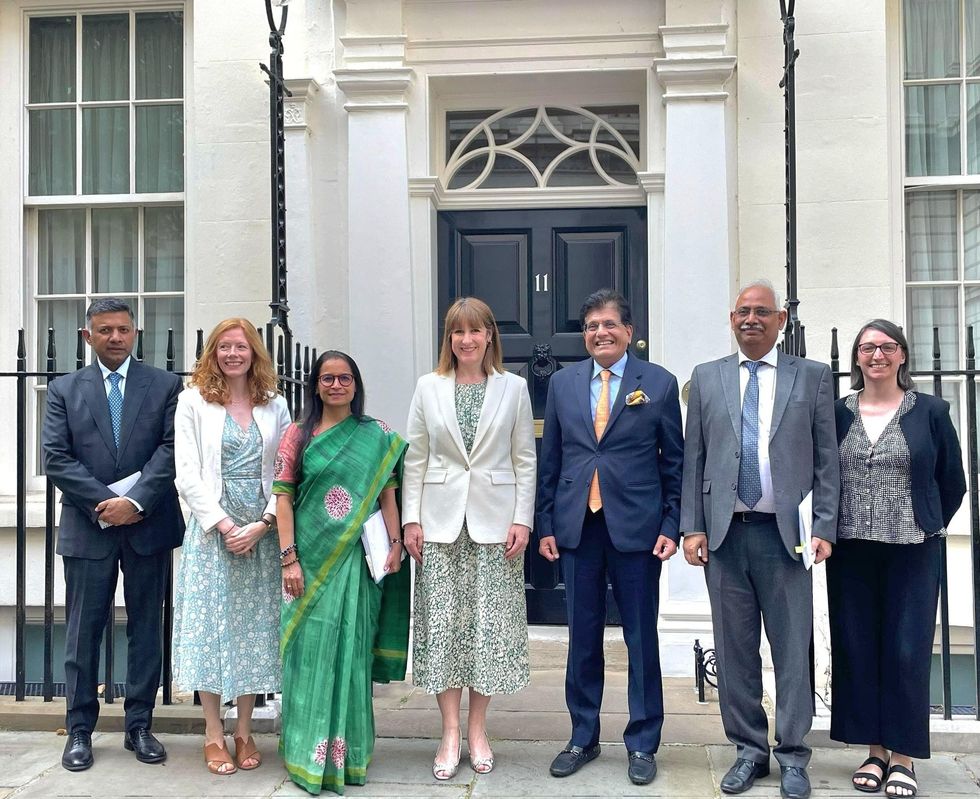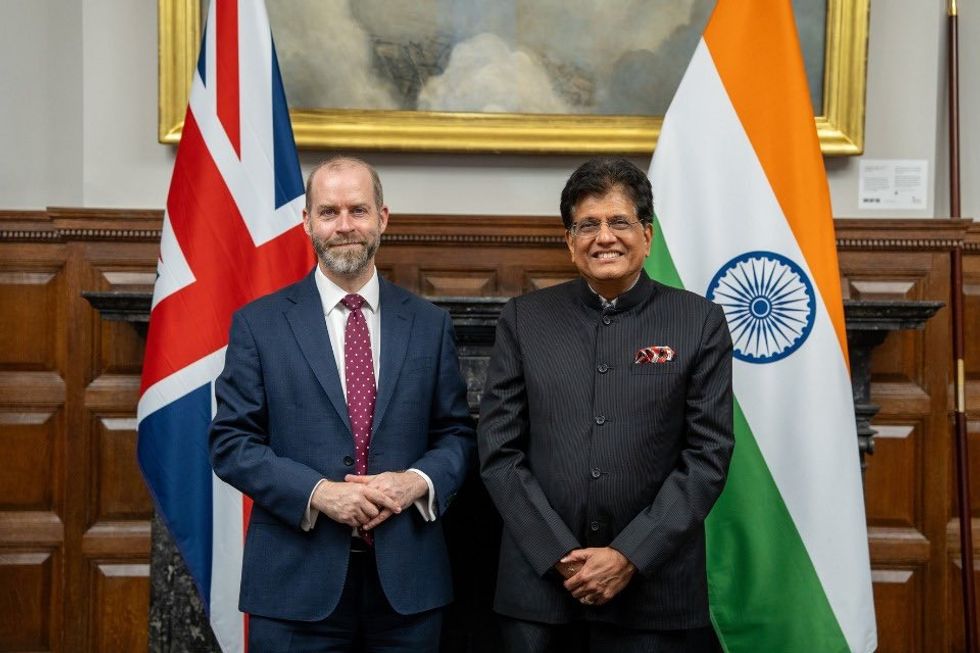THE World Bank was due to unveil plans to tackle job creation, gender disparities, and food security at this week’s gathering of the world’s finance ministers and central bankers in Washington, its president said.
Ajay Banga, President of the World Bank, spoke to AFP at the development lender’s headquarters in Washington ahead of the Annual Meetings of the International Monetary Fund and the World Bank Group, which began on Monday (21).
Sixteen months into his term running the 80-year-old institution, the former Mastercard chief executive said he had made significant progress on his plans to create “a better and a bigger bank,” and was now focusing on job creation.
“Nearly 1.2 billion young people in the emerging markets will become eligible for a job over the coming 12-15 years,” he said. “The same countries are currently forecast to generate a little north of 400 million jobs. That’s a big gap.
“If you don’t give them clean air, clean water, healthcare and education when they’re growing up, and a job when they’re ready, then you end up with social challenges, migration, social circumstances, an unhealthy population.”
“So, we’ve got to find ways to attack this issue with some urgency,” he added.
To that end, the World Bank has created an advisory council on jobs, led by Singaporean president Tharman Shanmugaratnam and the former Chilean president Michelle Bachelet, which was scheduled to meet for the first time in Washington on Wednesday (23).
The question they will seek to answer, Banga said, is: “How do we translate all that with the right regulatory policy to get jobs on the ground in these countries?”
Of those 1.2bn young people, at least one third will be in Africa, making job creation on the continent a priority, he said.
The World Bank also plans to announce new goals to tackle global gender disparities and to boost agribusiness to tackle food security.
One of Banga’s key objectives since taking office has been to look for ways to boost the role of the private sector in international development.
T h e World Bank previously estimated that developing countries will need an average of $2.4 trillion (£1.8t) each year between now and 2030 in order to address the challenges posed by climate change, conflict, and pandemics - significantly above the Bank’s current annual commitments.
To do so, the bank set up a private sector “investment lab” last year with the CEOs of private sector firms, which has come back with recommendations.
These include providing regulatory and policy clarity, tackling foreign exchange risk, providing better political risk guarantees, shouldering some of the risk of investing in developing economies, and packaging loans to create a new “asset class,” Banga said.
For this last recommendation, Banga tapped S&P Global CEO Doug Peterson to lead a working group to say: “What needs to change for us to get to scale, size and replicable, standardised loans of large enough numbers that you can bring large sums of money to work in this process?” But he cautioned that many of these plans were still in their infancy.


















 Piyush Goyal with shadow chancellor Rachel Reeves (centre), Vikram Doraiswami and other officials at the India Global Forum
Piyush Goyal with shadow chancellor Rachel Reeves (centre), Vikram Doraiswami and other officials at the India Global Forum And , Goyal with Jonathan Reynolds
And , Goyal with Jonathan Reynolds